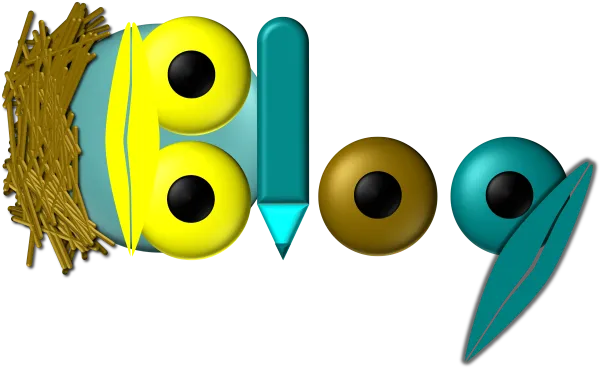 Article for 2012 Apr 02
Article for 2012 Apr 02
Part of the “Paris” series.
2012

2012 Apr
Apr 02 Mon
After yesterday’s excitement, it was good to have a peaceful day, calmly walking around the serene seventh arrondissement and promenading around the eighth. Which offered me a chance to reflect on the multiple meanings of the word “irony”. First, I would like to cover that word’s adjectival usage. Deriving from the Old English “iren”, “irony” can mean “resembling/containing/concerning iron”; however, this is not the most common usage.
The word “irony” is more commonly used as a noun. As a noun it has four main meanings. Situational irony is the one most commonly referred to as irony, which is defined in my dictionary along the lines of “a situation where something seen as good happens at an inconvenient time”, i.e. a situation that is different to how you might expect it to be. An example in the previous article regards the sign “Beware of pickpockets”, which implied that pickpockets posed a problem to me, but I was wearing pocket-less trousers at the time, so pickpockets didn’t pose a problem to me.
Secondly, dramatic irony is the irony you get when the audience to a play know something that the characters in the play don’t realise. Several examples were in a play I was in recently about the Titanic, where the audience knew that two-thirds of the characters in the play were about to die horrifically, but the characters themselves only realised that this would be the case in the few hours before the ship sank.
Socratic irony means pretending to be ignorant so that the person you’re interviewing reveals their own ignorance. I am not about to cite an instance of this.
But I can cite an instance of verbal irony: “Today was a real disappointment, a real disappointment I say. The weather was the worse it’s been all week, which given how much it rained yesterday, is truly saying something. It’s not as if we’re in the most romantic city ever. We’re stuck in this dingy corner of France, with nothing to do except look at museums with no tourist appeal whatsoever, and staring pointlessly at some pointless Obelisk with stupid pigeons on top. And you know how much I hate pigeons.”
Verbal irony is also known as sarcasm.
To be pedantic, that example of verbal irony is not sarcasm, ironically. Let me explain. Sarcasm is stuff of satirists, sneering and scornful. Sarcasm is a conveyor of contempt, a caustic construction of vitriol and venom, biting, and bitter. Sarcasm is a display of derision, a mordacious marker of mockery, an astringent sign of sardonic cynicism. Sarcasm is the loveliest form of wit. And that’s not sarcasm either.

